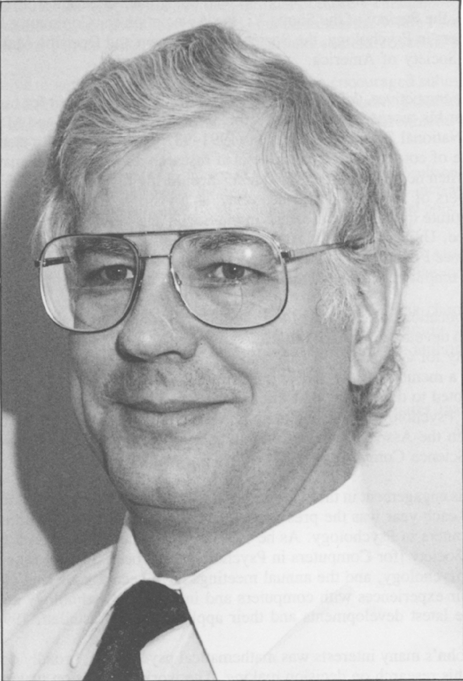2017:
Matt Cook, University of Manitoba, Canada
Winning Paper: "A computational cognitively-inspired technology for clinical diagnosis."
 2016:
Pascal Kieslich
2016:
Pascal Kieslich, University of Mannheim, Germany
Winning Paper: "Mousetrap: An integrated, open-source mouse-tracking package.”
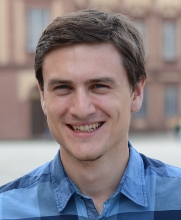 2015:
Felix Henninger
2015:
Felix Henninger,
University of Koblenz-Landau, Max Planck Institute for Research on Collective Goods, University of Mannheim
Winning Paper: "A flexible, cross-platform, open framework for interactive experiments."
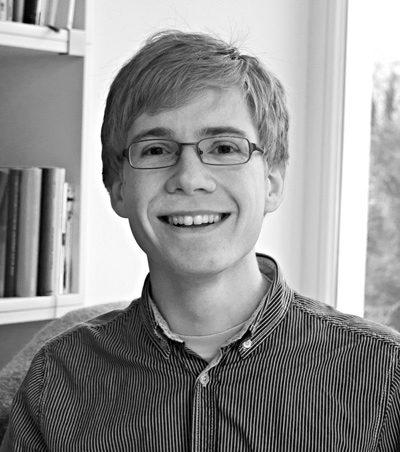 2014:
Erica Snow
2014:
Erica Snow, Arizona State University
Winning Paper: “Does agency matter? Path analysis within a game-based system.”
 2013:
Haiying Li
2013:
Haiying Li, University of Memphis
Winning Paper: "A comparative study on measures of text formality."
 2012:
Alexandra Paxton
2012:
Alexandra Paxton, University of California, Merced
Winning Paper: "Linguistic alignment in debate."
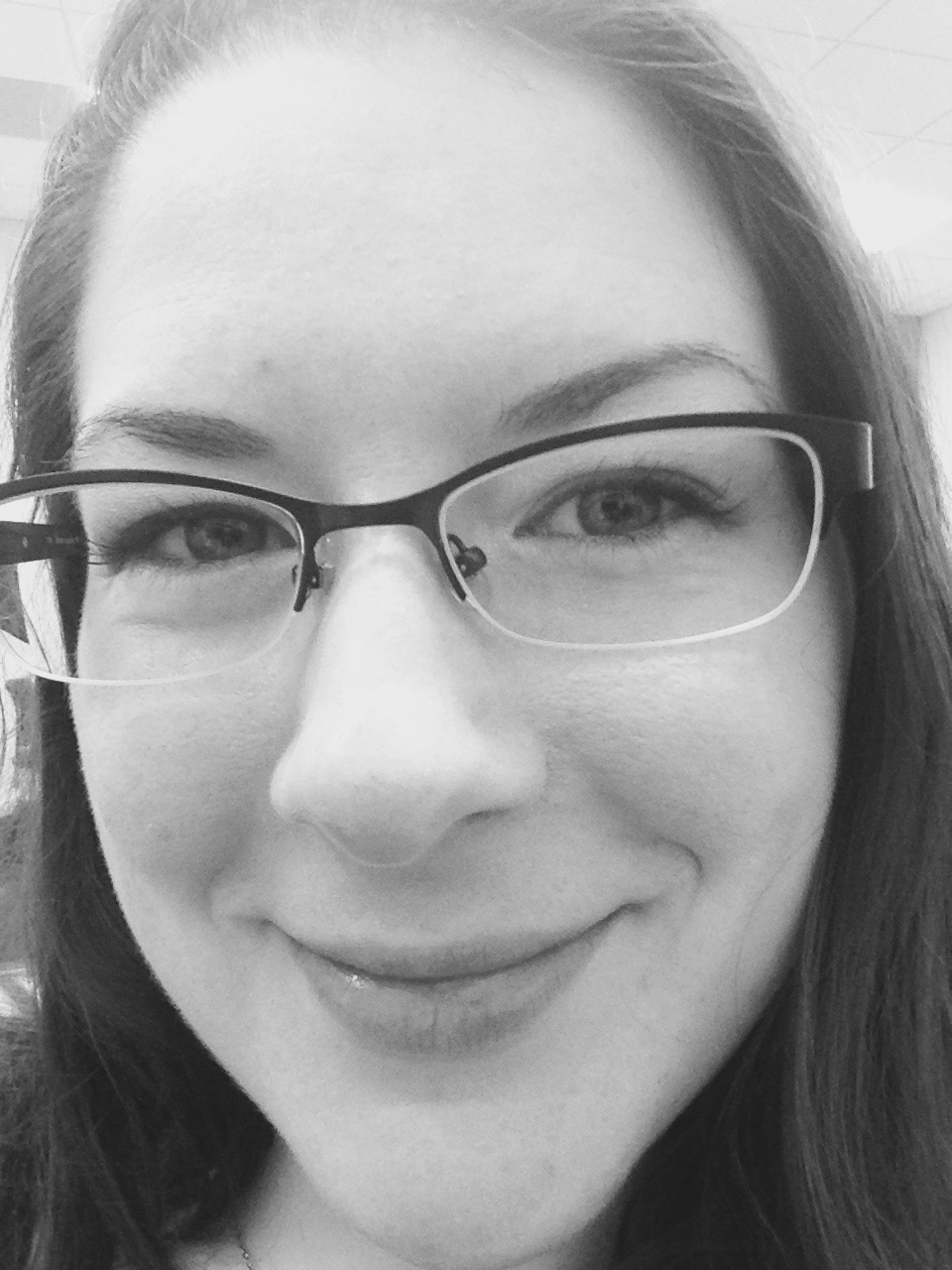 2011:
Brent Kievit-Kylar
2011:
Brent Kievit-Kylar, Indiana University
Winning Paper: “Word2Word: A visualization tool for high-dimensional semantic data.”
 2010:
Jun Xie
2010:
Jun Xie, University of Memphis
Winning Paper: "Analyzing Directed Data by using MPT Models of Source Monitoring."
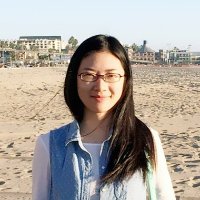 2009:
Brendan Johns
2009:
Brendan Johns, Indiana University
Winning Paper: "Using automated semantic measures to test the assumptions of memory models: Do random representations reflect the organization of semantic memory?"
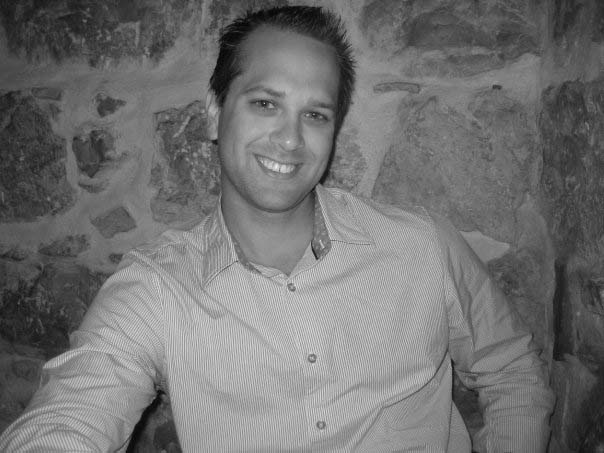 2008:
Gabriel Recchia
2008:
Gabriel Recchia, Indiana University
Winning Paper: "More data trumps smarter algorithms: Training computational models of semantics on very large corpora."
 2007:
Richard Landers
2007:
Richard Landers, University of Minnesota
Winning Paper: “TREND: A tool for rapid online research literature analysis and quantification.”
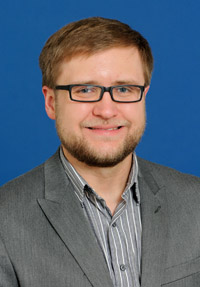 2006:
Jessica Ray
2006:
Jessica Ray, University of Central Florida
Winning Paper: “Train-to-code: An adaptive expert system for training systematic observation and coding skills.”
 2005:
Cyrus Shaoul
2005:
Cyrus Shaoul, University of Alberta
Winning Paper: “Toward a more psychologically relevant high-dimensional model of lexical semantics.”
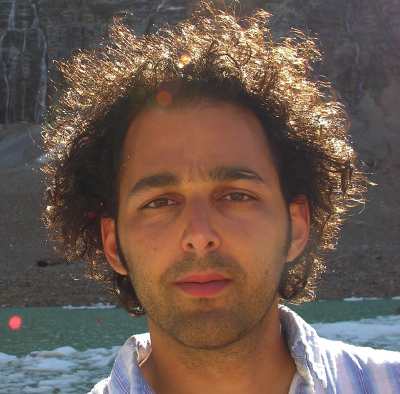 2004:
Christopher Myers
2004:
Christopher Myers, The Air Force Research Laboratory's Human Effectiveness Directorate
Winning Paper: "Computational cognitive modeling of adaptive choice behavior in a dynamic decision paradigm."
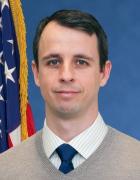 2003:
Michael Jones
2003:
Michael Jones, Queen's University
Winning Paper: "Tracking attention with the focus-window technique: The information filter must be calibrated."
 2002:
Andrew Edmonds
2002:
Andrew Edmonds, Clemson University
Winning Paper: "Uzilla: A new tool for web usability testing."
 2001:
Matthew Pastizzo
2001:
Matthew Pastizzo, State University of New York
Winning Paper: “Multi-dimensional data visualization.”
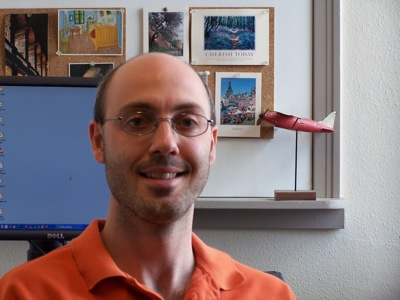 2000:
Wai-Tat Fu
2000:
Wai-Tat Fu, George Mason University
Winning Paper: “ACT-PRO action protocol analyzer: A tool for analyzing discrete action protocols.”
 1999:
Patrick Conley
1999:
Patrick Conley, UC Riverside
Winning Paper: "A computational approach to modeling population differences."
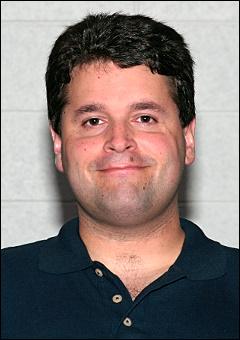 1998:
1998:
Ricard Downing, University of Missouri
Winning Paper: "The missouri developmental disability resource center: A web site responding to a critical need for information of parents with a child with a disability."
1997:
Katja Wiemer-Hastings, University of Memphis
Winning Paper: "Abstract noun classification: using a neural network to match word context and word meaning."
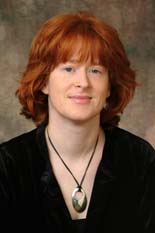 1994:
Ed Colet
1994:
Ed Colet, New York University
Winning Paper: "Visualization of multivariate data: Human factors considerations."
1991:
Hilary Broadbent, Brown University
Winning Paper: "Analysis of periodic data using walsh functions."
1987:
Steven Greene, Yale University and Northwestern University
Winning Paper: "A flexible programming language for generating stimulus lists for cognitive psychology experiments."
1984:
Michael Granaas, University of Kansas
Winning Paper: "Simple, applied text parsing."
 1983:
1983:
Timothy Post, University of Pittsburgh
1982:
Winford A. Gordon, University of North Carolina
 1980:
1980:
Mark Alan Johnson, Washington University
1977:
Timothy Post, Syracuse University
Winning Paper: "Software control of reaction time studies."
